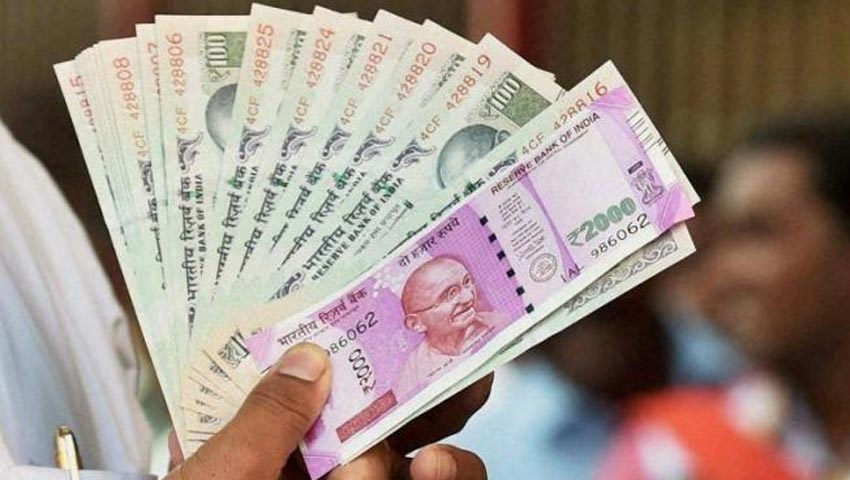
Asthma is an allergic reaction, which is triggered by various allergens, such as pollen, dust, cockroaches, dust mites, and pets. Inhaled corticosteroids (ICSs) are medicines used daily to prevent and control the symptoms of asthma. ICSs are taken using an inhaler, pump, or nebulizer. ICSs have fewer side effects than corticosteroids pills since most of the inhaled medicine goes directly to the lungs instead of traveling throughout the body. They’re medicines that quickly fight inflammation in your body. These lab-made steroids work like the hormone cortisol that is made by your adrenal glands.
In India the acceptance of inhalers among women as well as the general masses is very low, primarily because of the prevailing myths such as the fear of addiction, the steroids in inhalers will cause harm while being pregnant or conceiving and that inhalers are ‘strong medicines ‘and should be used as last resort.
Dr. Tejal Shah, Pulmonologist says that, “To understand the misconceptions related to asthma we need to understand the perceptions of Breathing Disorders and their Medications. 35% of people choose to keep asthma a secret and more than 51% believe asthma is a severe disease.
To uncover more such myths and misconceptions surrounding the use of inhalers, IPSOS did a comprehensive study on Asthma and its perception. The target group of the survey were men and women between the ages of 25-45 in Delhi, Mumbai, Kolkata, Nagpur, Lucknow and Coimbatore and a total of 931 people including general population, suffers and caregivers were surveyed. This was a large scale, one-of-a kind study that aimed to dispel age old myths and misconceptions on asthma in order to bring about broader understanding and awareness on the effective management of asthma”.
Below are some of the highlights of the IPSOS study:
•41% believe asthma is contagious, 52% believe asthmatics are weak, 51% believe asthma is a severe disease, 33% believe asthma affects the old, 35% keep their condition a secret, 48% are not comfortable using an inhaler in public
•While doctors remain the prime influencer, family (46%) and friends (24%) play a critical role in adoption of inhalers
“According to the latest Global Burden of Disease (GBD) study published in September 2018, India has an estimated 37.8 million asthma cases. India contributes to only 11.1% of the global asthma burden, yet it accounts for a disproportionate 42% of all global asthma deaths. Another study called the Asia Pacific Asthma Insights and Management (AP-AIM) Study conducted in nine countries in the region reported that asthma control was the poorest in India”, said Dr. Shah.
While asked to comment about the incidence of the disease in the city Dr. Tejal mentioned, “Some studies have shown an increased burden of asthma in urban Vs rural areas. The rapid development in metro cities leads to increased pollution from constant construction and smoke from vehicles. Pollution acts as a trigger for asthma patients and may lead to increased risk of asthma attacks.
The particulate matter present in smoke can also increase the inflammation in airways and make them more susceptible to future asthma attacks. Further, stress, anxiety, sedentary lifestyle and poor eating habits associated with urbanization may also increase the risk of asthma. However there has been no formal survey done to understand the reasons behind the myths about asthma. However, based on our interaction with doctors and patients– lack of awareness about the condition, not accessing the right information and refusing to openly discuss about one’s condition appear to be the major reasons behind the prevailing myths about asthma”.
The GINA guidelines will now help to bridge the gap between the healthcare provider and patient to provide increased satisfaction, and better health outcomes. Every treatment plan will be customized keeping in mind the patient’s lifestyle conditions and treatment goals. The impact of implying the guidelines will create awareness and bring down the rate in hospitalizations and death. While doctors remain the prime influencer, family (46%) and friends (24%) play a critical role in adoption of inhalers. Don’t let asthma dampen your spirit this monsoon season, it’s time to live #BerokZindagi with inhalation therapy.
";

